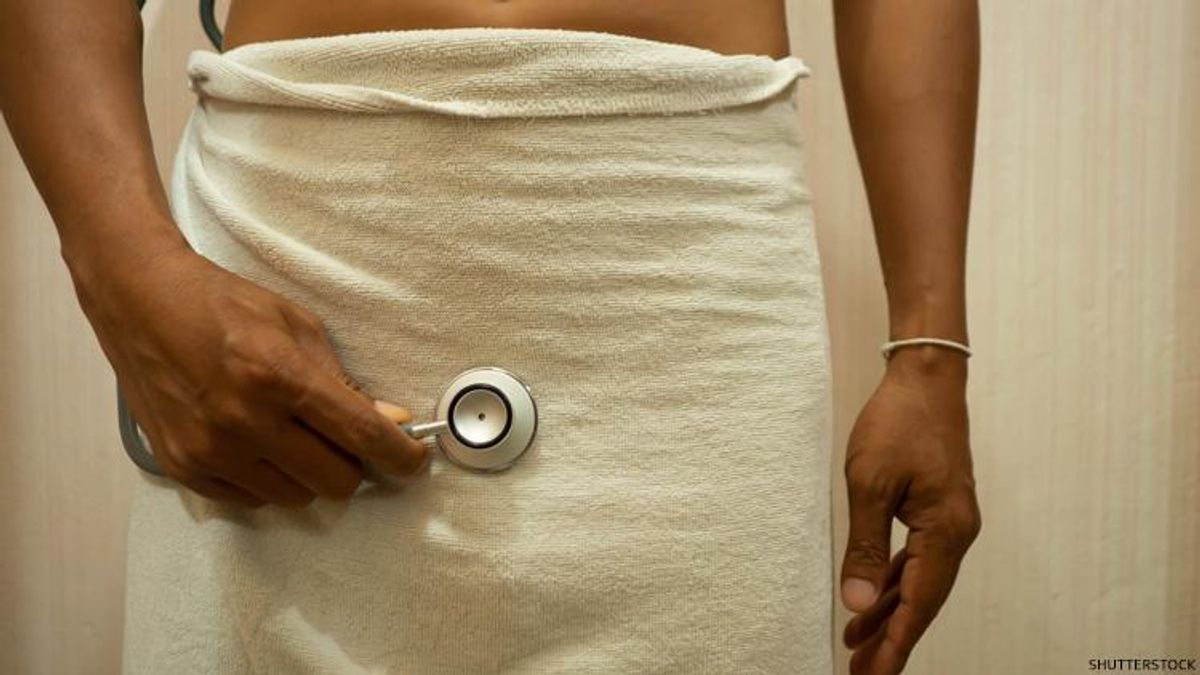Treatment
At-Home HIV and STI Tests to Be Covered by Insurance in California

State health officials hope doing so will help combat the STI epidemic that has continued to grow during the Covid-19 crisis.
January 10 2022 12:12 PM EST
By continuing to use our site, you agree to our Privacy Policy and Terms of Use.

State health officials hope doing so will help combat the STI epidemic that has continued to grow during the Covid-19 crisis.
On January 1, California officially became the first state to require health insurance plans to cover at-home STI tests, according to Edge Media Network. The decision came soon after the results of an extensive survey and report was released by the National Coalition of STD Directors (NCSD).
Health officials and advocates are hopeful this move will make it easier and cheaper for Californians to self-administer tests at home and bring better STI monitoring (including HIV testing) to rural and underserved parts of the state, reduce the stigma patients experience when seeking care, and give them more control over their sexual health.
Even before the Covid-19 pandemic hit in 2020, the Centers for Disease Control and Prevention’s data showed that sexually transmitted infections have hit all-time highs in the U.S. and California for six years in a row. Rates of congenital syphilis, which babies contract from their mothers, illustrates the dire need to address the growing STI issue, as cases were up 279 percent from 2015 to 2019 nationally, and 232 percent in California. Of the 445 cases of congenital syphilis in California in 2019, 37 were stillbirths.
“We have children born in California with syphilis,” said state Sen. Richard Pan (D-Sacramento), a pediatrician who wrote the law, in a statement. “You'd think that went away in the Victorian era.”
The requirement to cover at-home testing is part of a broader law (California Senate Bill 306) that is addressing the STI epidemic, and much of the data points to the Covid pandemic as a major factor in the ongoing issue. Health experts say this is due to health departments being overwhelmed responding and stay-at-home orders keeping people from visiting clinics in person.
According to NCSD’s survey, most respondents (up to 78 percent in one survey) have diverted much of their STI workforces to test and monitor Covid-19. A report that accompanied the survey stated that some STIs remained “completely unchecked” due to reductions in clinic hours, diversion of resources, shortages of testing kits, and staff burnout.
The new at-home testing plan is not without its issues though. So far the rule has only been applied to private, state-funded insurance plans. The state's Medicaid program, Medi-Cal, could not establish by Jan. 1 because the billing codes still need to be established and implemented in order to distribute the at-home test kits. Also, federal regulators have not approved the tests for home use, which could make labs reluctant to process them. In addition, a state analysis predicts that most in-network health care providers won't start prescribing home tests for at least a year until they adjust their billing procedures.
“This is the first law of its kind, and I'd say it's kind of cutting-edge,” said Stephanie Arnold Pang, senior director of policy and government relations at NCSD. “We want to bring down every single barrier for someone to get STI testing, and out-of-pocket cost is a huge factor.”